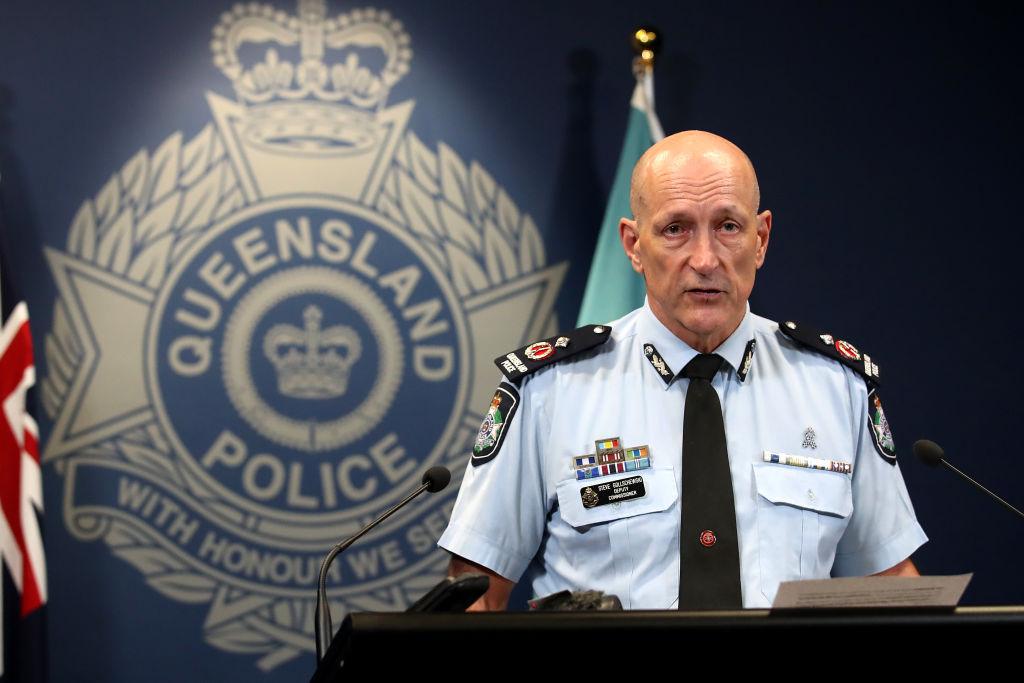Queensland police are getting bogged down in administration which is taking them off the crime-fighting frontline, a review of the force has found.
As officers deal with mounting paperwork, the number of reported crimes has climbed.

Queensland police are getting bogged down in administration which is taking them off the crime-fighting frontline, a review of the force has found.
As officers deal with mounting paperwork, the number of reported crimes has climbed.